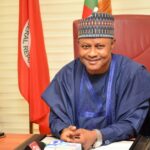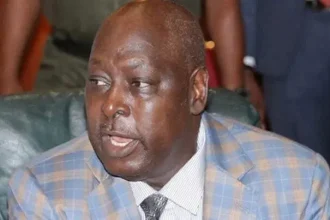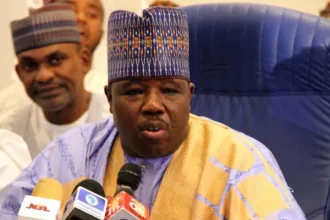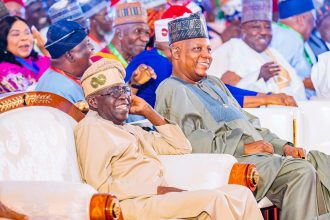Former Kaduna Central Senator Shehu Sani has emphasized that rotating Nigeria’s presidency between the north and south remains essential for national unity.
Speaking in an exclusive interview with the News Agency of Nigeria on Sunday in Abuja, the former lawmaker stressed the importance of maintaining the current power-sharing arrangement.
“We are a country of experience. There are many African countries that never had the kind of experience we had,” Sani said. “We had been through a period of violent military coup, civil war, different democratic governments and military rules, and we all survived. Now we are experiencing banditry, terrorism and I believe we will survive.”
He explained that Nigeria’s multi-ethnic and religious composition makes rotational leadership necessary for now.
“If you look at the multi-ethnic/religious nations such as ours, people feel more comfortable when they see someone from their part of the country in power,” he noted.
While acknowledging that the system may evolve in the future, Sani maintained that rotation currently provides a sense of belonging. He cautioned that no region should exploit demographic advantages to monopolize power, adding that the principle should also apply at state levels.
Reflecting on past leaders, Sani observed: “Former President Muhammadu Buhari was seen by the northerners as a magician and a miracle worker who would solve all the problems of northern Nigeria; he came, saw and left the problems as they were.” He noted similar expectations followed former President Goodluck Jonathan’s tenure.
The former senator predicted Nigeria would eventually move beyond rotational politics when citizens realize leadership competence matters more than ethnic identity.
“I believe that it will reach a point in our history where everyone will realise that the ethnic and religious identities of a leader doesn’t mean the solutions to the problems before a nation,” he stated.
Addressing recent violence in Benue, Plateau and Nasarawa states, Sani called for collective northern solutions. “It is time for the political leaders in these parts of the country to sit down and address the problem,” he urged, highlighting centuries-old coexistence between farmers and herders.
He warned against applying outdated solutions to modern conflicts: “The Fulani people are not farmers, they are herders, while the Tiv people and Idoma people are farmers. If you allow your cattle to destroy the crops in the farm of someone, you are destroying the person’s life.”
Sani emphasized the need for innovative approaches to resolve Nigeria’s complex security and political challenges while maintaining national unity through equitable power distribution.







